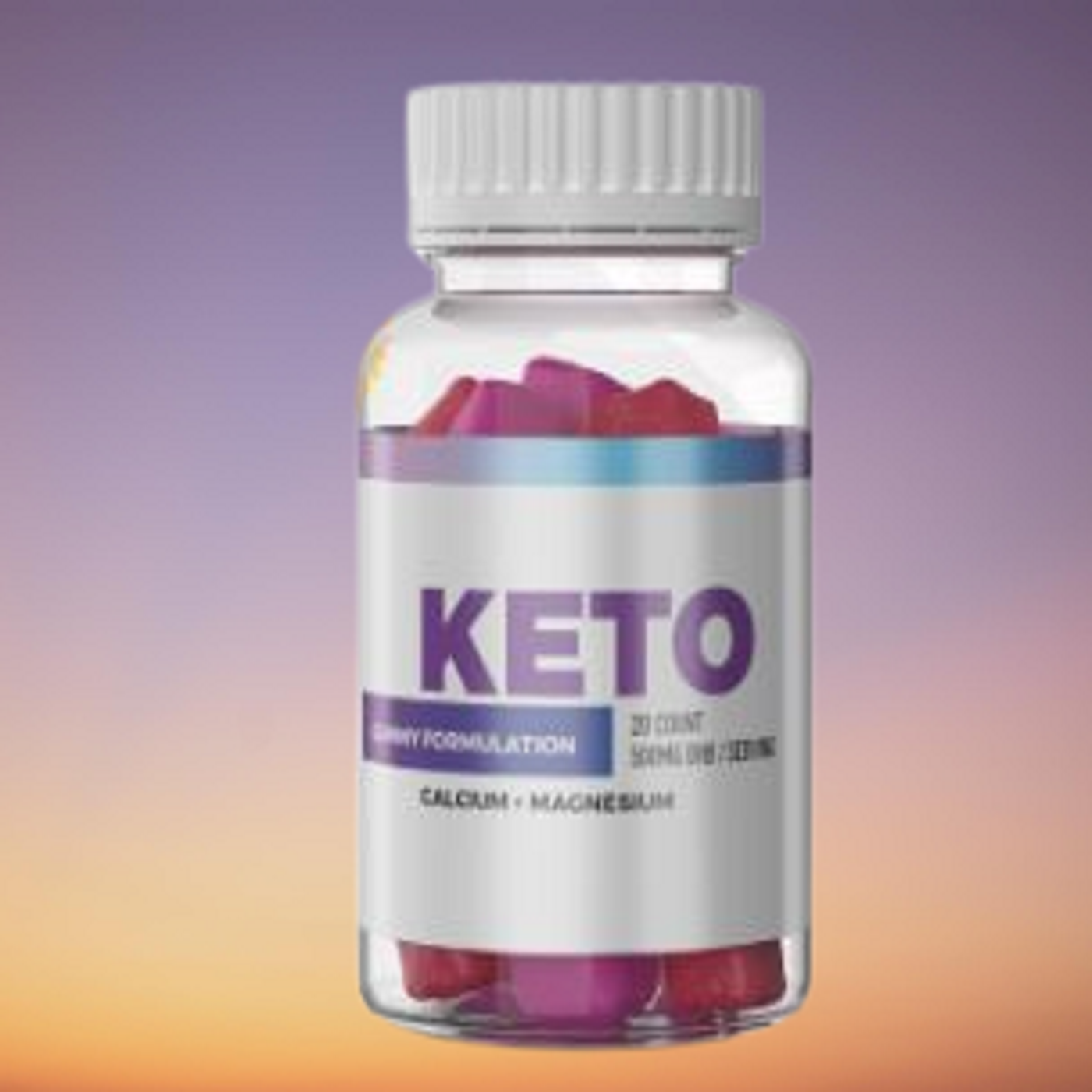General
What Is The Treatment For Varicose Veins?
by Author
-
Monday, October 30, 2023
167 Views
What is the treatment for varicose veins? Varicose veins are a common condition that affects millions of people worldwide. These twisted, bulging veins often appear on the legs and can be both unsightly and painful. Fortunately, there are several treatment options available for varicose veins, and a vein specialist is the go-to medical professional for addressing this condition.
In this article, we will explore the various treatments for varicose veins and shed light on the role of a vein specialist in managing this condition.
Understanding Varicose Veins
Before delving into the treatments, it’s important to understand what varicose veins are and why they develop. Varicose veins are enlarged, swollen blood vessels that usually occur in the legs. They can be blue, purple, or flesh-colored and are often twisted and bulging. These veins occur when the valves in the veins don’t function properly. Valves are responsible for ensuring that blood flows in one direction, towards the heart. When these valves weaken or become damaged, blood can flow backward and pool in the veins, causing them to become enlarged and varicose.
Varicose veins are more common in women than in men, and they tend to run in families. They can also be associated with risk factors such as obesity, pregnancy, and prolonged periods of standing or sitting. While varicose veins are often primarily a cosmetic concern, they can lead to symptoms like pain, aching, swelling, and a heavy feeling in the legs. In severe cases, they can lead to skin changes, ulcers, and other complications.
What Is The Role Of A Vein Specialist?
A vein specialist, also known as a phlebologist, is a medical professional who specializes in diagnosing and treating venous disorders, including varicose veins. They are experts in the circulatory system and have extensive knowledge of the veins, blood vessels, and the various conditions that can affect them.
When you seek treatment for varicose veins, a vein specialist is the best medical professional to consult. They are equipped with the knowledge and experience necessary to evaluate your condition and recommend the most suitable treatment options.
Treatment Options For Varicose Veins
- Lifestyle Changes: In mild cases of varicose veins, lifestyle modifications may be the first line of treatment. These changes can include regular exercise, maintaining a healthy weight, and avoiding long periods of sitting or standing. Elevating the legs when resting can also help reduce symptoms.
- Compression Stockings: Compression stockings are a non-invasive treatment option that can help manage the symptoms of varicose veins. These specially designed stockings provide external pressure to the veins, promoting better blood flow and reducing swelling and discomfort.
- Sclerotherapy: Sclerotherapy is a minimally invasive procedure that involves injecting a solution directly into the varicose vein. This solution irritates the vein’s lining, causing it to collapse and eventually be reabsorbed by the body. Sclerotherapy is particularly effective for smaller varicose veins and spider veins.
- Endovenous Laser Ablation (EVLA): EVLA is a procedure that uses laser energy to close off and seal the affected vein. A thin laser fiber is inserted into the vein, and the heat from the laser causes the vein to collapse and seal shut. This redirects blood flow to healthier veins.
- Radiofrequency Ablation (RFA): RFA is a similar procedure to EVLA but uses radiofrequency energy instead of laser energy to close off the problematic vein. It is effective in treating larger varicose veins and has a high success rate.
- Venous Stripping and Ligation: This is a surgical procedure where the vein specialist makes small incisions in the leg and removes the problematic vein. While this was once a common treatment for varicose veins, it is now less frequently performed due to the less invasive options available.
- Ambulatory Phlebectomy: Ambulatory phlebectomy is a minimally invasive surgical procedure that involves removing smaller varicose veins through tiny incisions. This is often performed in conjunction with other treatments.
- Endoscopic Vein Surgery: In severe cases of varicose veins, endoscopic vein surgery may be necessary. This involves the use of a thin, flexible tube with a camera (endoscope) to visualize and close off the damaged vein.
- Laser and Pulsed Light Treatments: For spider veins and smaller varicose veins, laser and pulsed light treatments can be effective. These treatments use heat energy to target and close off the affected veins.
- Phlebectomy: In this procedure, a vein specialist makes small incisions to remove the varicose veins. It is a minimally invasive option that can be used for medium-sized veins.
The choice of treatment depends on the severity of the varicose veins and the individual’s overall health. A vein specialist will conduct a thorough evaluation to determine the most suitable approach.
Consulting A Vein Specialist
What Kind of Doctor is a Vein Specialist? If you suspect that you have varicose veins or are experiencing symptoms such as pain, swelling, or discomfort in your legs, it is essential to consult a vein specialist. Here’s what you can expect during your consultation:
- Medical History: The vein specialist will review your medical history and ask about any family history of venous disorders. They will also inquire about your symptoms and how long you have been experiencing them.
- Physical Examination: The specialist will perform a physical examination, focusing on your legs. They will look for visible varicose veins, check for swelling, and assess your overall vascular health.
- Diagnostic Tests: To get a comprehensive view of your venous health, the specialist may recommend diagnostic tests such as duplex ultrasound. This non-invasive test uses sound waves to create images of your veins and assess blood flow.
- Treatment Recommendations: Based on the results of the examination and diagnostic tests, the vein specialist will discuss treatment options with you. They will consider the severity of your condition, your overall health, and your preferences.
- Discussion of Risks and Benefits: The specialist will also explain the potential risks and benefits of each treatment option. This discussion will help you make an informed decision about your treatment.
Choosing The Right Vein Specialist
Selecting the right vein specialist is crucial to ensure you receive the best care for your varicose veins. Here are some factors to consider when choosing a vein specialist:
- Board Certification: Look for a vein specialist who is board-certified in vascular medicine or phlebology. Board certification indicates that the specialist has met high standards of education, training, and experience.
- Experience: Inquire about the specialist’s experience in treating varicose veins. A well-experienced specialist is more likely to provide effective treatment.
- Patient Reviews: Read reviews and testimonials from previous patients to get a sense of the specialist’s reputation and patient satisfaction.
- Communication: Choose a specialist who communicates effectively, listens to your concerns, and takes the time to answer your questions.
- Location: Consider the location of the specialist’s practice and whether it is convenient for you.
- Insurance Coverage: Check whether the specialist accepts your insurance plan to minimize out-of-pocket expenses.
Conclusion
Varicose veins are a common condition that can be both physically uncomfortable and aesthetically undesirable. However, with the help of a skilled vein specialist, various treatment options are available to address this condition. From lifestyle modifications and compression stockings to minimally invasive procedures and surgery, there is a range of treatments that can be tailored to your specific needs.
If you suspect that you have varicose veins or are experiencing symptoms, don’t hesitate to consult a vein specialist. They have the expertise to assess your condition, recommend the most appropriate treatment, and guide you toward healthier, more comfortable legs. In the hands of a qualified vein specialist, you can regain the confidence and comfort that varicose veins may have taken from you.





